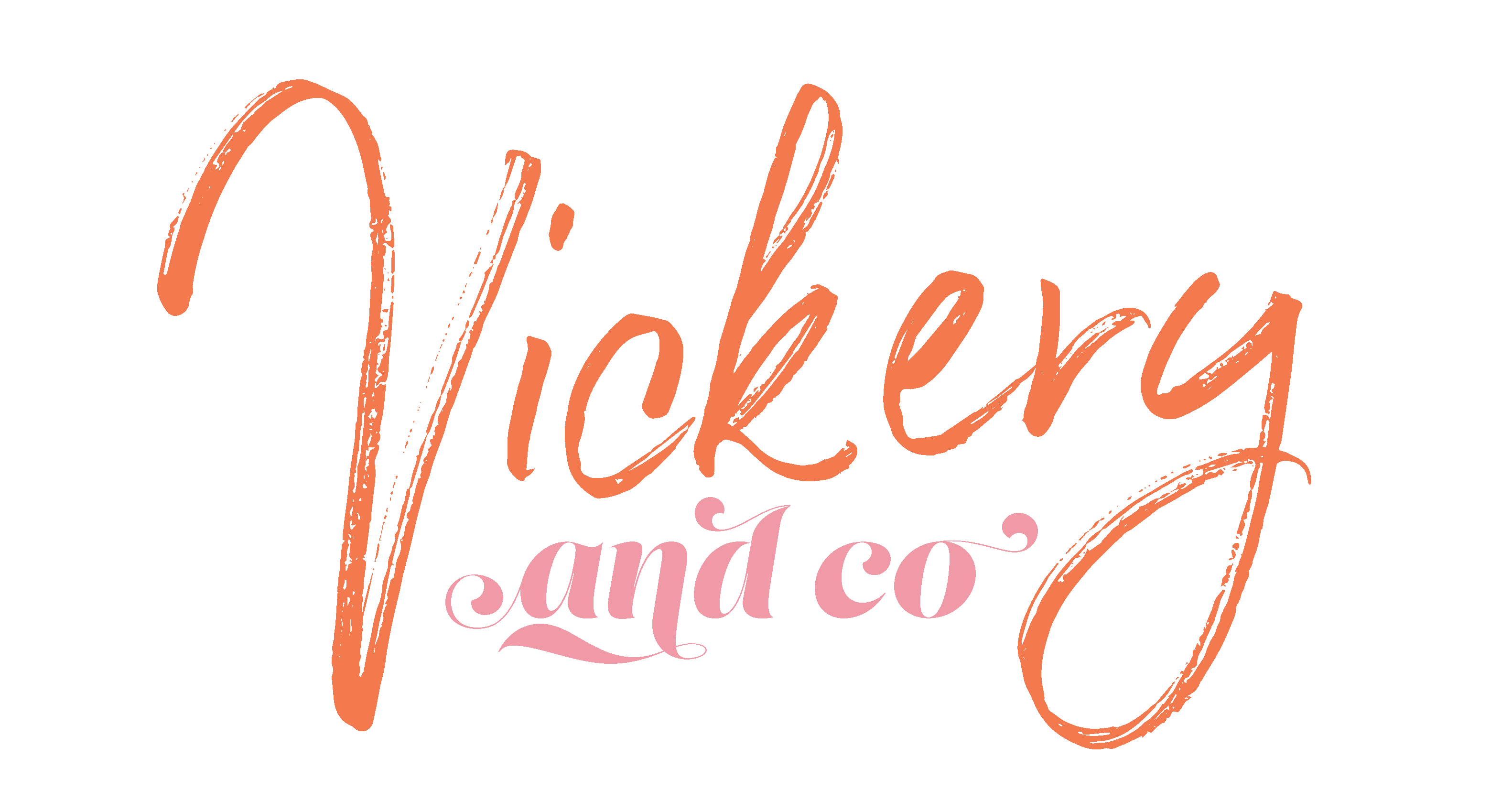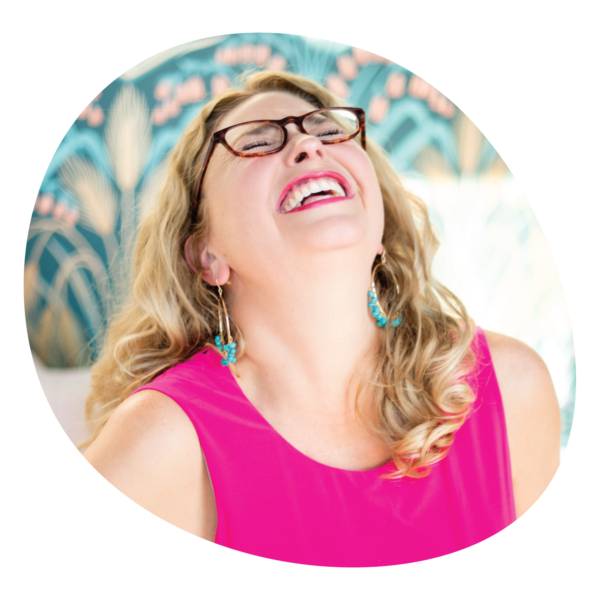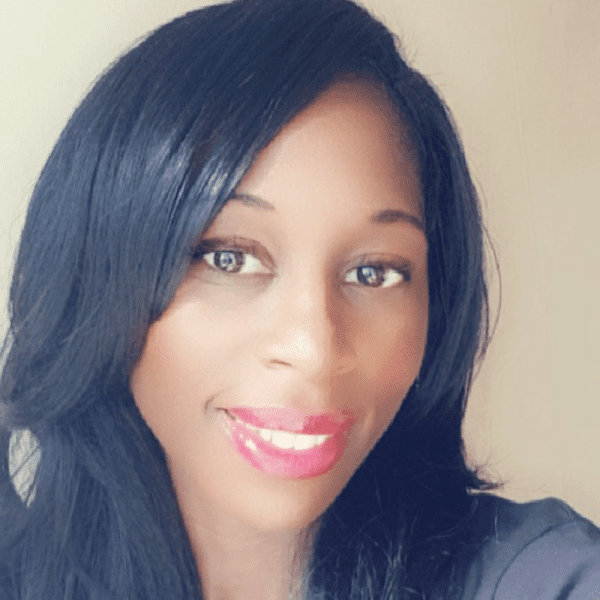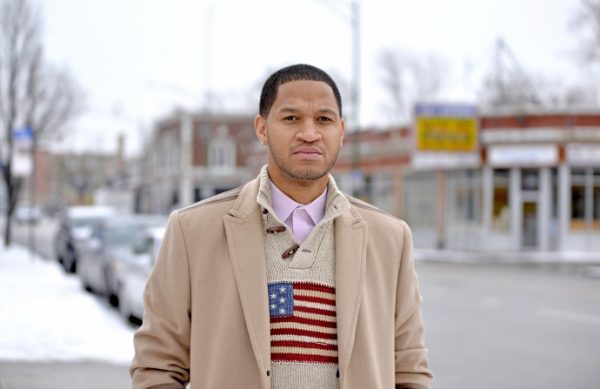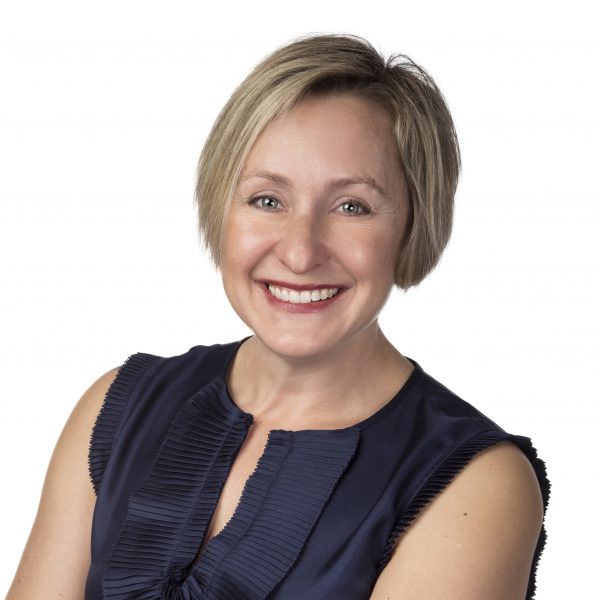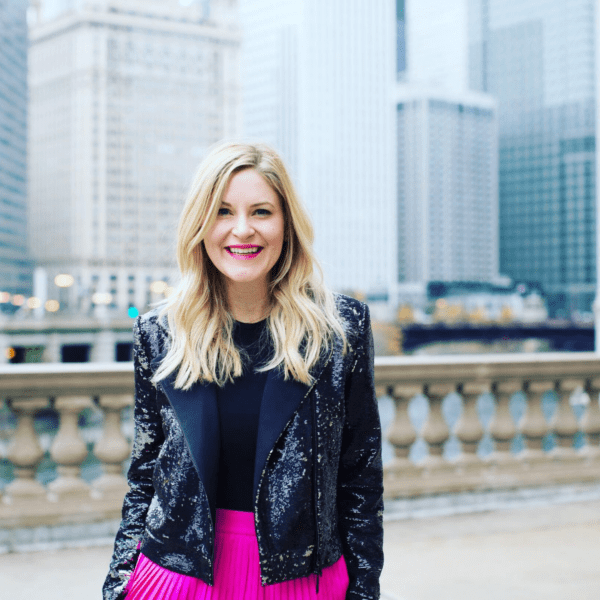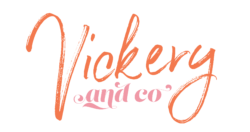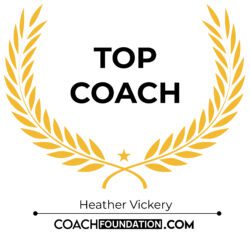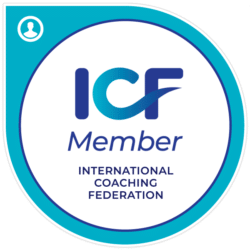An Unexpected Turn
When Timothy Yen enlisted in the U.S. Army, a routine medical exam uncovered what had gone unnoticed for his entire life: He’s severely colorblind. It’s jarring to think that he could go so long without realizing this, but colors aren’t concrete. Even though Tim knows the words that describe colors, the way he sees them isn’t the same as someone else. It’s bizarre to think that peoples’ minds can process the visual world in wildly different ways, but it’s true.
Tim’s colorblindness precluded him from becoming the Army journalist he wanted to be. Instead, he switched to psychology and spent the next eight years working in the Army’s mental health services. Eventually, he got his PsyD, a doctoral-level degree that focuses more on applied psychology than research.
Make Good Choices
After his stint in the Army, Tim moved on to work as a clinical psychologist at a hospital in California’s Bay Area. His proximity to Silicon Valley means that he constantly brushes elbows with people in the tech industry. Once, over dinner with the CEO of a tech company, he got to talking about how he could provide consulting and coaching opportunities for her employees. The CEO said, “Can you help my employees make better choices? If you can do that for me, you’re hired.”
Tim thought about how we make choices. As a clinical psychologist, he sees people struggle to make decisions all the time. Peoples’ decision-making behaviors fall along a scale. On one end, there are people who can’t decide to save their lives; On the other, there are people who choose without thinking about the consequences. Tim decided to create a systematic approach for decision-making to help anyone, whether they’re indecisive or impulsive.
A System for Decision-Making
His book, Choose Better: The Optimal Decision-Making Framework, lays out this system. Tim proposes that we can make better decisions, but that “better” is up for the decision-maker to decide. By “better,” he means better aligned with your values and those of the people with whom you spend time.
There are four pillars to Tim’s system. These pillars follow the same order as our brain when we make a choice.
Emotions
The first pillar is “Emotions.” Here, Tim asks us to consider what our feelings are trying to tell us about a situation. Many cultures tell us that our feelings aren’t important or that it’s wrong to feel certain emotions. Tim wants to push back on this. Every single one of our emotions tells us something, he says, and we would do well to listen to what they’re trying to say.
Values of Self
The next pillar is “Values of Self.” Tim wants us to examine what’s important to us. If we feel like we can’t take the next step, Tim says, it’s usually because the action conflicts with our values. The goal is to make a choice that’s best aligned with your values.
Values of Others
The third pillar is “Values of Others.” Here, we look at what the people in our lives want for us. This step is also an opportunity to compare both sets of values. Ask yourself, “Is this value what I truly believe, or do I hold this value because I’m looking for approval from someone with these values?”
Reality Factors
The final step is “Reality Factors.” Tim often uses gravity as an example of a reality factor. Gravity’s real whether we want it to be or not. There are elements of our lives that we can’t change, and we need to articulate them and take them into account when we make decisions.
Options will emerge as you’re gathering these data points. Tim encourages us to list them all out. Among them, there will be the best choice for you. But just because we know what choice to make better doesn’t mean we’ll take that action. There are other forces at play that keep us stuck, like fear. Articulating that fear is a key step in decision-making. Infact, the work of naming his fears helped Tim write his book. The publishing company he worked with assigned him a cohort of writers, and they wrote out their fears together.
Practice Makes Perfect
Making “better” choices can be a lot of work at first. Often, clients come to Tim concerned that his system is too difficult. Don’t worry, Tim says, because while this might be true the first few times, eventually the steps will become second nature. And for Tim, this isn’t just talk. Used his own system, intuitively, when he left his hospital job to start his own practice.
Connect with Tim
Dr. Timothy Yen is a psychologist based in California’s Bay Area. His latest book, Choose Better: The Optimal Decision-Making Framework, provides readers with a systematic approach to solving even the most overwhelming of problems. As a therapist, he works with clients to highlight their strengths, help them articulate their thoughts and behavioral patterns, and find ways to live according to their values. Though he sees clients from all walks of life, Timothy is an expert in integrating Christian faith into his clients’ treatment plans. You can follow him on Facebook and Instagram.







